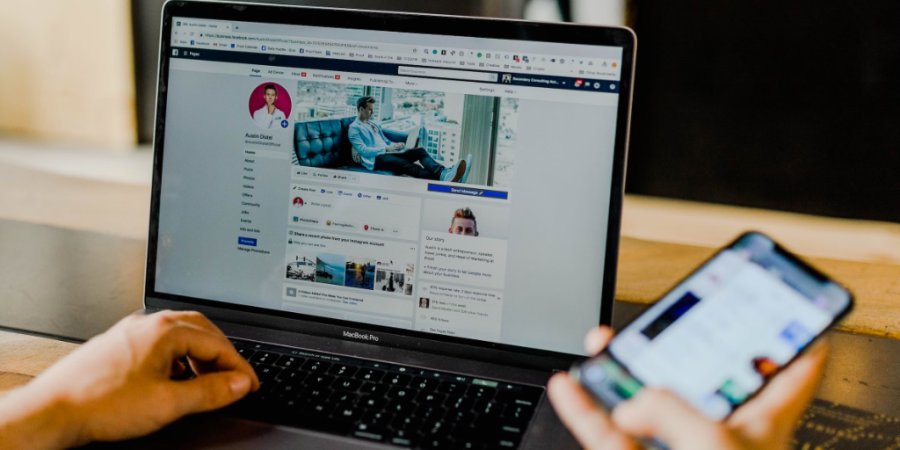How to Stay Safe Online As a Digital Nomad

As a digital nomad working while traveling the world, you rely on the internet and your devices to earn a living. But taking your work on the road also exposes you to greater cybersecurity risks. Follow these tips to help keep your data, devices, and online presence secure as you work remotely.
Secure Public WiFi Access
Public WiFi networks at cafes, hotels, airports and other locations are convenient when you’re a digital nomad. However, they often lack encryption and leave your data open to snooping by cybercriminals. Never access sensitive accounts like banking or email over public WiFi without protecting your connection. A VPN (virtual private network) encrypts all traffic in and out of your device when on public networks. VPNs also hide your IP address and location and defeat website blocking. For example, with a good VPN for China, you can visit blocked websites when working remotely from China.
Keep Software Updated
On the road, it’s critical to keep all your apps, operating systems, and software updated with the latest security patches. Updates fix vulnerabilities that cybercriminals actively exploit. Set your devices to install updates automatically or do a manual check daily. Update VPN software regularly as well to ensure no vulnerabilities compromise your secure connection.
Use Strong Passwords
Unique, complex passwords are essential for securing your accounts and devices while traveling internationally. Relying on weak passwords makes you prone to brute force hacking attempts. Use a password manager to generate and store strong passwords. Enable two-factor authentication on important logins for banking, email, and work tools.
Watch Out For Phishing Scams
Government warnings about travel, hotel and rental car confirmation emails, customs fees – cybercriminals create phishing messages using these topics to target digital nomads. Scrutinize any emails asking for personal information or account logins and verify legitimacy before responding. Also beware of phishing via phone call, text or social media.
Back Up Data Regularly
Backing up your data is even more critical when you're working on the move where theft and hardware failure risks are higher. Use cloud backups that sync your files to offshore data centers for protection no matter where you travel. Encrypt backup data for added security. Also have local external drive backups of critical data.
Keep Sensitive Info Off Devices
Avoid storing confidential business or personal data directly on your travel laptop or mobile devices, which are prone to theft or loss while traveling. Keep this sensitive information exclusively in secure cloud storage or on encrypted external drives that you can secure in safes. Wipe lost or stolen devices remotely using find my device apps.
Beware OF Using Public Computers
It may seem convenient to use a public computer at an internet café to quickly login and check email. But avoid accessing any sensitive accounts or info on public computers, which likely have malware or spying software. Stick to your own clean devices using VPN protection on public networks.
Secure Mobile Devices
On smartphones and tablets, enable screen lock using strong passwords or biometrics like fingerprint or facial recognition. Adjust privacy settings to limit sharing of your location and usage data. Delete texts, emails and files containing sensitive data after use. Install apps only from trusted sources like official app stores. Keep mobile operating systems and apps updated.
Practice Safe Browsing
Browsing recklessly on public networks gets you phished or infected with malware. Always use HTTPS protected sites. Avoid clicking ads, pop-ups and unsolicited links. Use an ad blocker and anti-malware browser extension for added protection. Heed browser warnings about untrusted sites trying to get you to ignore security alerts.
Monitor Your Credit
Being on the move makes you more vulnerable to credit card fraud and identity theft if your data is breached. Check credit reports regularly for any suspicious activity. Set up transaction alerts from your bank to notify you of charges over a certain amount. Avoid using debit cards internationally that provide direct access to bank accounts.
Physical Security Counts Too
Don't overlook real world risks like device theft and shoulder surfing on planes or in cafes. Secure laptops in hotel safes. Use cable locks in public settings. Position screens away from prying eyes. Log off devices when temporarily stepping away from them.
Conclusion
Staying secure as a digital nomad requires vigilance, but following these best practices will help keep your data, devices, and online presence protected. Take advantage of security tools like VPNs designed with travelers and remote workers in mind.
Previous Posts:
Next Posts: